Faramarz Payivar
(1933-2009)Payivar, Faramarz (1933-2009). Santur instrumentalist, composer, eminent teacher, and one of the most significant Persian musicians to appear in the last fifty years. He studied music with numerous masters such as Rukh al-Din Mukhtari and ‘Abdu’llah Davami, but his main and lifelong teacher was Abu’l-Hasan Saba. His contribution to Persian classical music must be considered from several different aspects, which include (a) remarkable skills in the performance on the santur (b) his foundation of a well-organized school for instructing santur instrumentalists with accurate techniques (with instructors such as Riza Shafi‘iyan and Arfa‘ Atrabi, and from amongst musicians of later generations: Abu’l-Fazl Khuda’iniya), (c) composition in the forms of Persian classical music and developing the form of Chahar Mizrab, (d) conducting an orchestra of Persian instruments and performing in concerts with brilliant content and technique, (e) compilation of reference sources and textbooks for performance on the santur, (f) collection and setting down in musical notation of a significant part of Persian classical repertoire and avaz, and (g) collection of forgotten works of former masters like Darvish Khan and Rukh al-Din Mukhtari, not to mention (h) numerous other artistic activities carried out with utmost organization and concentration by this outstanding musician.
As a youth, Payivar was educated in classical English literature at Cambridge University. In Iran he made his debut as a young and serious performer on the santur and an outstanding student of the school of Saba. Since those performances coincided with the establishment of the Gulha, at the suggestion of his master, Saba, he performed on the santur in some early programmes of Gulha-yi Rangarang and Yik Shakhih gul, accompanied by Azar ‘Azima. His brilliant performances in the Gulha were during the years 1972-79, which was the period of the Gulha-yi Taza, when his technique and knowledge of music were at their zenith. With the industrious seriousness that particularly characterized his personality, he was thus able to perform and record a number of great Persian classical compositions. These included the works of Darvish Khan and Amir Jahid, in which he was graced with the accompaniment of skillful vocalists such as ‘Abd al-Wahhab Shahidi, Nadir Gulchin, and Muhammad Riza Shajariyan. His own compositions are also regarded as being amongst the lasting works of Persian classical music; most of these were recorded with powerful orchestras accompanied by skillful masters, which he matched with the brilliant sound of his own santur. Payivar also performed in numerous concerts in England, France, and the United States. His works include ten CDs containing solo, accompanied, and orchestral performances. Among his many works may be mentioned Ringha-yi Irani “Persian Fast Tempo Pieces” (Tehran: Mahur 1386/2007) and numerous books on the instruction of music, including Dastur-i Santur (Santur Lessons), published more than thirty times between 1981-2007).
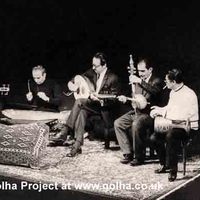
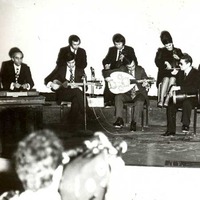
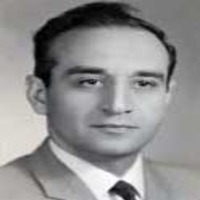
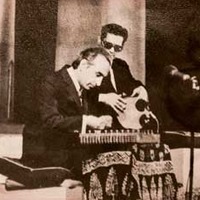
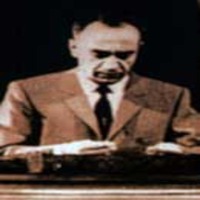
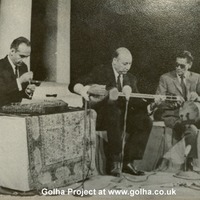
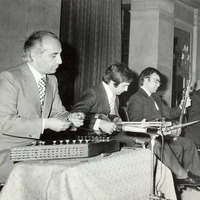
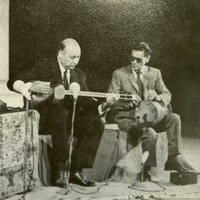
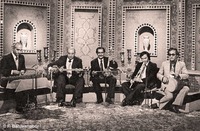
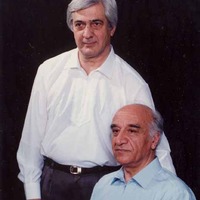
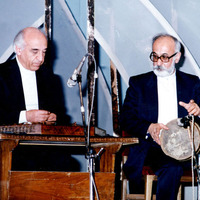
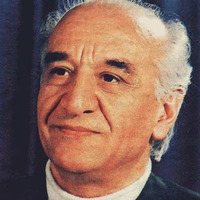
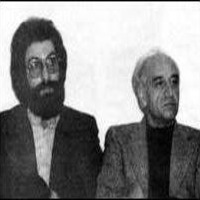
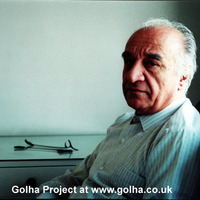
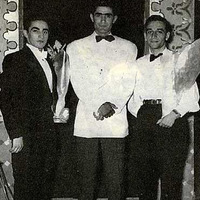
 In association with The Iran Heritage Foundation © All rights reserved 2024. Jane Lewisohn | Website by
In association with The Iran Heritage Foundation © All rights reserved 2024. Jane Lewisohn | Website by